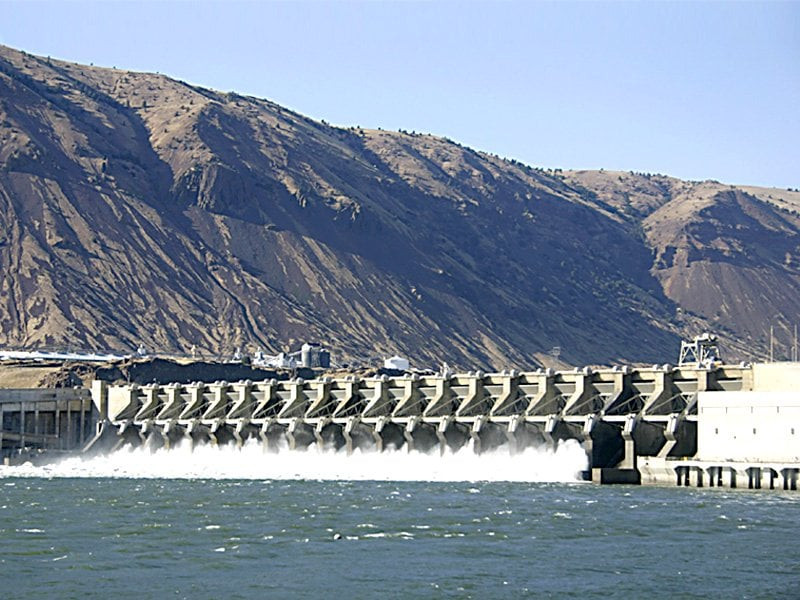Rawalpindi Water Crisis Deepens, Affecting Power Supply
The water crisis in Pakistan is a complex issue that requires a multifaceted approach, involving policy reform, public accountability, and individual actions to conserve water. The consequences of inaction are severe, including crop failures, food shortages, and water disputes that could intensify into full-blown conflicts. It is essential for the government, NGOs, and the public to work together to address the crisis and ensure a sustainable future for the country.

Rawalpindi has declared a water emergency for the second time this year, with the city's daily water demand exceeding its supply by 20 million gallons, leading to a severe water crisis that is also impacting the country's power generation, as the Khanpur Dam has only one month's worth of water reserves left.
The Water and Sanitation Agency (WASA) has warned that the underground water table has dropped to 650 feet, and the shortage is attributed to below-average rainfall and unchecked population growth. The agency is appealing to residents to conserve water and has threatened to take legal action against unnecessary water use. The crisis is not limited to Rawalpindi, as the country is facing a severe energy crisis due to a decline in water levels in major reservoirs, including the Tarbela Dam.
Pakistan's hydroelectric power generation has been severely impacted, with 12 out of 17 power generation units at Tarbela Dam shut down, leaving only five units operational. The water level at Tarbela Dam dropped to 0.8-0.9 million acre-feet, its dead level, in the third week of April. The continued closure of the 969-megawatt Neelum-Jhelum Hydropower Project has further exacerbated the energy shortfall. The country's electricity demand has exceeded 21,000 megawatts and is projected to rise to 26,000 megawatts in May.
The crisis has also disrupted everyday life, with reports of students struggling during board exams due to heat and power outages, public protests, and damage to electricity office property. Experts warn that the country may face its worst-ever water crisis, with the shortfall in hydropower generation expected to have far-reaching consequences, including a shift towards more expensive imported fuels, a higher import bill, and strain on the national economy.
To address the crisis, successive governments must prioritize long-term sustainability over short-term convenience, and the public must demand transparency and efficiency in the implementation of water-related projects. Simple acts, such as replacing traditional showerheads with low-flow alternatives and turning off taps while brushing teeth, can save millions of liters of water. The agricultural sector, which consumes 90% of the country's freshwater, must also adopt more efficient irrigation systems, such as drip and sprinkler irrigation, to reduce water waste.